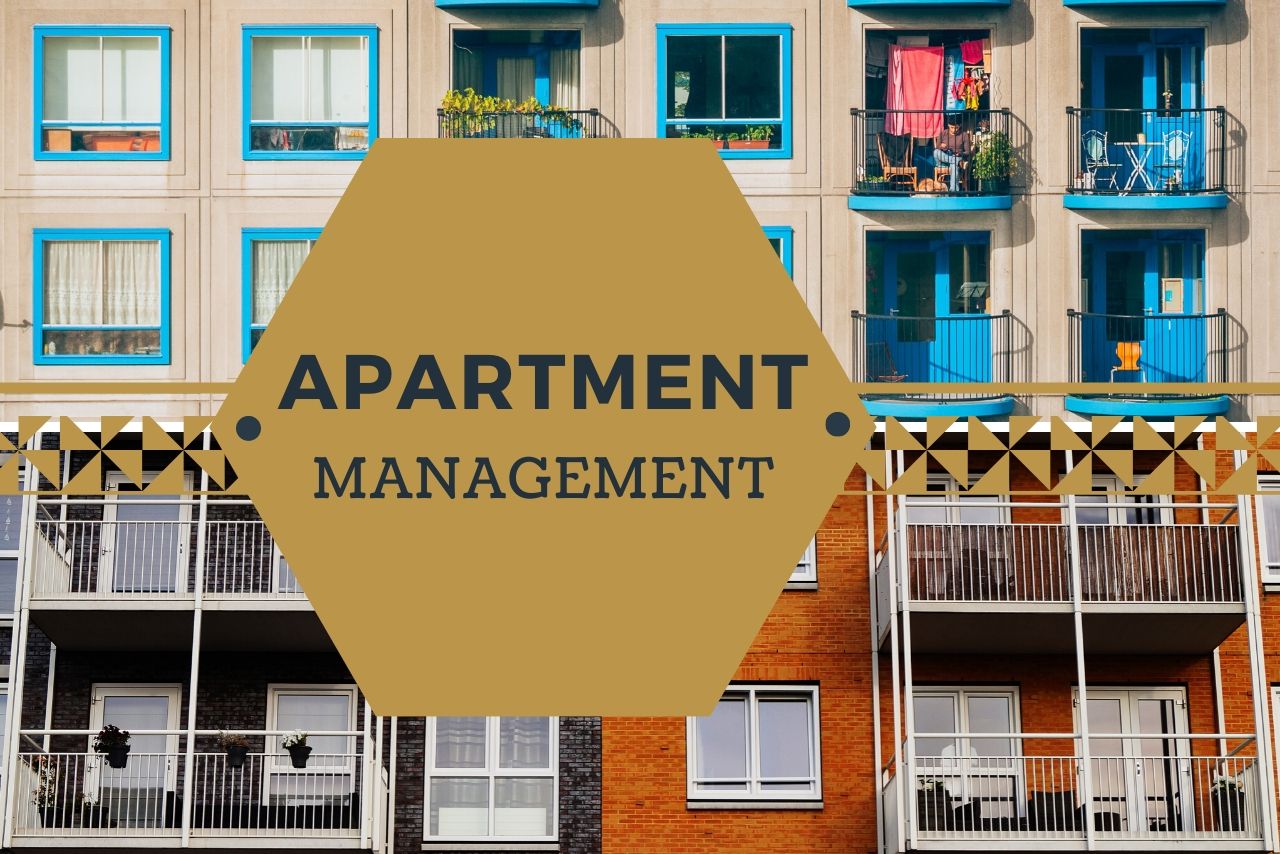A property manager’s duties are varied and can include anything from handling maintenance requests to screening tenants. In this article, we’ll take a look at some of the responsibilities of this position. You’ll learn about the job’s role in a home’s life, how to get started, and what’s expected of you.
Maintenance Requests
Keeping track of maintenance requests is a crucial part of property management. This can help your team move forward quickly. It can also keep you and your tenants happy.
A good property manager can handle the whole process, from submitting a maintenance request to addressing the issue. An asset tracking system is especially helpful for this purpose.
You may also want to have a separate CMMS software program that is specifically designed for submitting maintenance requests. This can track your assets and work orders, while allowing you to easily see your maintenance progress.
In addition to keeping track of maintenance requests, you should have a solid plan to deal with emergency repairs. This includes a protocol for handling leaks, broken pipes, and other problems.
Screening Tenants
As part of your duties as property manager, it is important to screen tenants. The process is designed to ensure that you are renting to tenants who will pay their rent, take care of your unit, and otherwise respect the terms of the lease. This can prevent a variety of serious problems.
There are several steps involved in the screening process. First, you’ll want to get the tenant’s consent. You’ll also need to give them a list of criteria to meet. Some things you should look for include their credit score, rental history, and references.
Then, you’ll have to determine if you can verify their identity. If you can’t, you’ll need to do a background check. Your screening service will be able to do this for you.

Leasing Fee
A leasing fee is a fee charged by property managers to landlords to cover expenses associated with the lease process. Lease fees are used to cover costs of negotiating a lease, advertising and showing the rental property, and screening applicants.
Leasing fee is usually a percentage of the rent. However, some property management firms charge a flat rate. The fee may also be a percentage of the first month’s rent.
Before you hire a property manager, make sure that you know what to expect from the leasing fee. You can also ask for a written contract. It should include a description of the services provided and the method of payment.
Some property managers may also charge a lease renewal fee. This fee is charged when a tenant renews a lease. These fees are typically $200 or less.
Renewing Leases
A lease renewal is an important property management task. It helps save time and money. Renewing a lease is also a way to keep a tenant in the home.
Generally, a lease renewal is an extension of the current lease. This gives the tenant peace of mind. Also, it can help a landlord avoid the stress of finding a new tenant.
In order to renew a lease, the landlord must notify the tenant of the plans. The notice should provide a detailed explanation of the plan.
A lease renewal letter also includes the rent amount. It will give the tenant enough time to decide whether to continue paying the old rent or accept the new one.
Landlords should make sure to send out a notice to their tenants at least 90 days before the lease expires. This allows the tenant to make a decision before the end of the month.
Managing Tenants
Managing tenants is one of the most important duties of a property manager. He or she is tasked with finding the right tenants, ensuring that they adhere to the terms of the lease, and making sure that the rental property is well-maintained.
If a tenant is violating the terms of the lease, the property manager is tasked with negotiating with the renter. The property manager may also decide to take action by proceeding with eviction.
One of the most difficult parts of owning a rental property is finding a qualified tenant. A good property manager will conduct a thorough background screening of potential tenants. This includes checking their credit history, their rental history, and their employment status.
A professional property manager will also have a strong understanding of current laws and regulations. This allows them to protect the interests of their owners.



